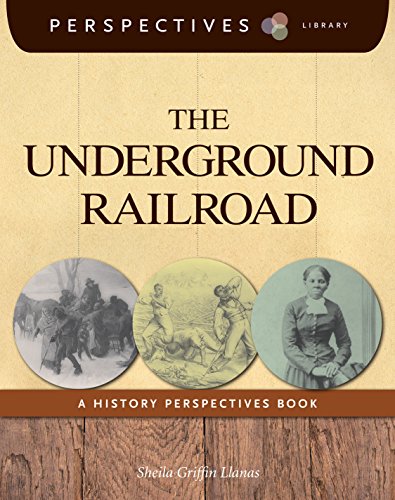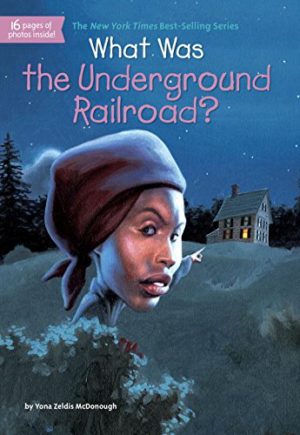
Jenkins, here and elsewhere powerfully captures the absurd, yet complex and complicated origins of white supremacy in Jefferson’s America.įurther on into quasi-freedom, the landscapes change. They smirk as an enslaved boy is forced to stutter through a recollection of Thomas Jefferson’s “Declaration of Independence,” the founding document of the American Revolution. In the opening episode, we see local slaveholders gathering on Randall’s lawn. No Place to call FreedomĬapturing the visual contrasts between slavery and so-called freedom is beautifully communicated by Jenkins. Horrific, brutal scenes, both physical and emotional, are often placed alongside scenes of poignant profundity and heartbreaking tenderness. Yes, it is brutal but it voices the silenced histories and yet-to-be told stories of Black America. It might be because violence here has a point. These testimonies come alive in vivid and visceral detail on screen in The Underground Railroad.Īt a time when shows about slavery and the black experience are being critiqued for gratuitous violence, Jenkins has been able to avoid this critique. I have read countless testimonies of these brutalities recollected by the enslaved, as fugitives or freedpeople. I have been researching and teaching about slavery in the US for over 20 years now. This is tough to watch but communicates the barbarity of the system and the origins of the systematic racism that continues to bedevil the US. Jenkins pulls no punches in his graphic depictions of the gratuitous violence meted out by Randall for the slightest infraction.Ī returned runaway is set alight and publicly burned to death in the opening episode. The opening episode sees Cora and Caesar (Aaron Pierce) escape the Randall Plantation in Georgia and its slaveholding owner, Terence Randall, whose callous brutality towards his enslaved labourers is evident from the outset.


So speaks the male voice over the sound system as the enslaved Cora (Thuso Mbedo) struggles to tell her truths about the horrifying and traumatic experiences of slavery in Barry Jenkins’ brilliantly raw and stark adaptation of Colson Whitehead’s novel, The Underground Railroad.

There is so much you have never said … and so little time to articulate.” “You are standing on a train platform, fear of missing the train from slavery to time.


 0 kommentar(er)
0 kommentar(er)
